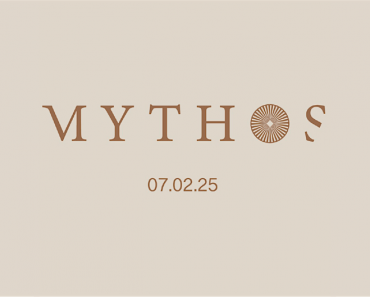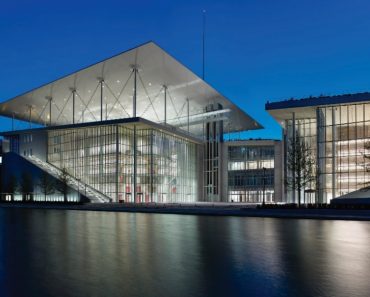The recent legal recognition of same-sex marriage in Greece has reignited memories of another historic moment in the country’s legal and social evolution: the institutionalisation of civil marriage in the early 1980s.
As the Greek government, led by Prime Minister Kyriakos Mitsotakis, navigated fierce opposition within its own ranks and from conservative elements of society, many recalled the intense reactions that followed a similar reform over four decades ago.
On February 17, 1982, the government of Andreas Papandreou introduced a bill to establish civil marriage as legally equal to religious marriage. The proposal, championed by Justice Minister Stathis Alexandris, was part of a broader wave of social reforms introduced by the newly elected PASOK government. The measure was met with intense ideological and political conflict, with New Democracy strongly opposing it. Nevertheless, the law was passed on March 22, 1982, and was officially enacted through Presidential Decree 391 on June 18, 1982.
A Divisive Issue
The move to legalise civil marriage was deeply polarising. NEON, a Greek newspaper, captured the tense atmosphere in its coverage at the time, highlighting the fierce backlash from ultra-conservative religious circles and far-right groups, who saw the reform as a direct attack on traditional Greek and Orthodox values. The Church of Greece was at the forefront of the opposition, with the Holy Synod issuing an emphatic condemnation of the bill.
A report in To Vima on January 21, 1982, detailed the Church’s position: “The Church tolerates the introduction of civil marriage only for those who explicitly declare themselves as non-believers. Any Orthodox Christian choosing civil marriage over religious marriage automatically places themselves outside the Church and is deprived of its blessings.”
The Church’s resistance escalated to dramatic confrontations, with Archbishop Seraphim clashing publicly with the Bishop of Eleftheroupolis, Ambrosios Nikolaou. During a heated session of the Holy Synod, Ambrosios furiously denounced both the ruling PASOK government and the Archbishop himself, leading to an unprecedented physical altercation between the two clergymen.
Public Debate and Media Reactions
The media played a crucial role in shaping the public discourse around civil marriage. Prominent journalist and writer Marios Ploritis, writing in To Vima on January 31, 1982, defended the reform, arguing that civil marriage was a necessary step in a modern, democratic society.
“The introduction of civil marriage does not threaten religious beliefs,” Ploritis wrote. “It is a legal institution, not a theological one. Those who wish to marry in a religious ceremony will remain free to do so, but no one should be forced into a ritual they do not believe in.”
Ploritis also criticised the Church’s stance, accusing it of prioritising financial interests over spiritual guidance. “If the Church truly cared about the sanctity of marriage, it would focus on resolving failed unions rather than resisting progress,” he wrote, pointing to the widespread issues of domestic conflict and dysfunction within Greek families.
Parallels with Today
The political and social battles over civil marriage in the 1980s bear striking similarities to today’s debates over same-sex marriage in Greece. Just as civil marriage was once seen as a radical challenge to Greek traditions, so too has marriage equality faced strong resistance, particularly from conservative factions within New Democracy and the Greek Orthodox Church. Yet, just as civil marriage ultimately became widely accepted and integrated into Greek society, history suggests that same-sex marriage may follow a similar path.
(Source: To Vima)








